Recycling-technology – PLA-Material 16-07-2022 - Arhive
Recycling-technology – PLA-Material
-Neste receives €135m grant for chemical recycling project
The company aims to process more than one million tonnes of waste plastic a year from 2030.
Finnish engineering company Neste has received funding for its Pre-treatment and Upgrading of Liquefied Waste Plastic to Scale Up Circular Economy (PULSE) project.
The firm secured a positive grant decision for up to €135m from the EU Innovation Fund.
This will be used to develop chemical recycling capacities at Neste’s refinery in Porvoo, Finland.
The EU Innovation Fund is one of the world’s largest funding programmes for innovative low-carbon technologies.
Neste’s Project PULSE aims to implement the company’s patented technologies to pre-treat and upgrade liquefied waste plastic and integrate it into refinery operations.
Through the project, the company aims to increase its annual pre-treatment and upgrading capacities to 400,000t. Recycling-technology – PLA-Material
PULSE will also support Neste’s goal to process more than one million tonnes of waste plastic a year from 2030.
The company announced a feasibility study to evaluate the investments related to PULSE in March this year, with an investment decision due to be ready by next year.
The project’s implementation is expected to start in 2024.
Neste renewable polymers and chemicals executive vice-president Mercedes Alonso said: “We are excited to be among the projects selected by the EU Innovation Fund.
“While showing recognition for and faith in our work on chemical recycling, the funding also highlights the importance of the approach itself.
“If we want to move towards a circular economy for polymers and chemicals, chemical recycling will have a major role to play.”
Project PULSE aims to commercialise the chemical recycling of waste plastic and bridge the ‘quality gap’ between unprocessed liquefied waste plastic and the petrochemical industry’s raw material requirements. Recycling-technology – PLA-Material
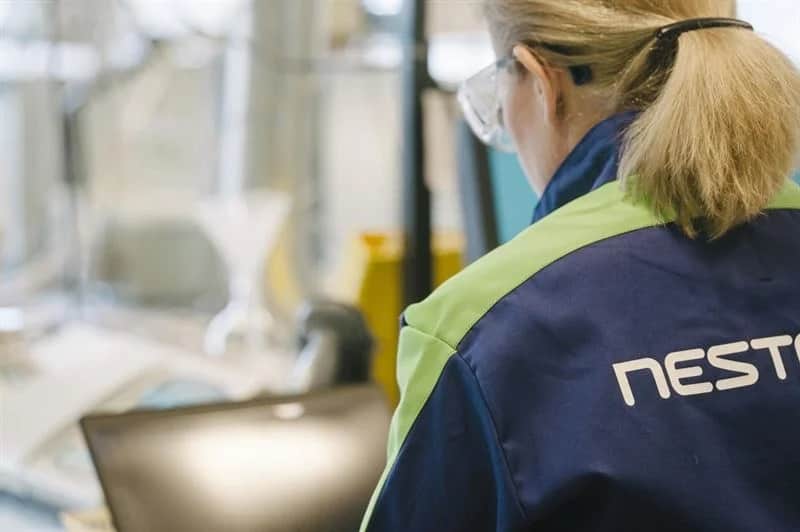
-Röhm Develops Thermoformable PLA-Based Material
The thermoformable film meets US, EU, and Chinese requirements for food-contact packaging.
Methacrylate specialist Röhm announced today that it is developing thermoformable film using renewable raw materials. Under the provisional name of Europlex Film LJ 21123/123, the new product is a PLA-based transparent, high-gloss, and stable film. The film has not been biaxially stretched, unlike many other PLA-based films, and, therefore, can be used in thermoforming processes, said Röhm.
Production of the raw material generates low CO2 emissions, making the film a more climate-friendly alternative to petroleum-based products, added the materials supplier, which has its global headquarters in Darmstadt, Germany.
The new material contributes to Röhm’s commitment to achieve climate-neutral production by 2050. Recycling-technology – PLA-Material
It plans to reach this goal through the development of sustainable products and technologies as well as the decarbonization of raw materials.
Europlex Film LJ 21123/123 consists of certified, compostable PLA that meets the requirements for industrial composting as defined in the ASTM D6400 and EN 13432 standards.Recycling-technology – PLA-Material
Röhm outlined the property profile of the film as follows:
- bio-based and industrially compostable
- thermoformable at 55°C
- highly transparent with >92% light transmittance
- high tensile strength and flexibility
- suitable for stamping and cutting
- printable
The material meets the requirements for food-contact packaging in the European Union (EU Regulation 10/2011), United States (FDA 21 CFR), and China (GB 9685-2016). Potential applications include viewing windows on cardboard packaging or aesthetically demanding thermoformed packaging. The film also is suited for the production of decorative films for in-mold decoration processes, or printed products such as graphic panels.
“Our experience in film extrusion enables us to produce PLA films with high optical quality,” emphasized Herbert Groothues, Head of Film and Extrusion Development.
The raw material is derived from non-genetically modified sugarcane, the supplier of which has implemented an environment management system in compliance with ISO 14001:2015 that is certified by Bonsucro, an association of producers and processors of sugarcane who have agreed on globally recognized standards for social, ecological, and economic sustainability.Recycling-technology – PLA-Material
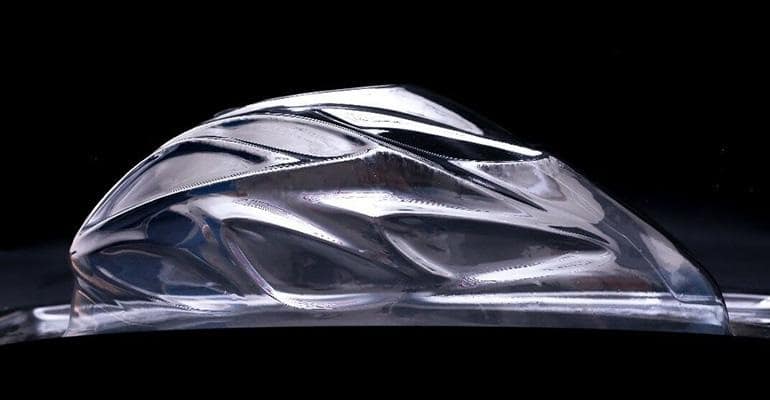
-PepsiCo announces goal to reduce virgin plastic use
PepsiCo announced new objectives and shared its progress toward circular packaging targets in its 2021 environmental, social and governance report.
The company plans to eliminate fossil fuel-based plastic in all crisp and chip bags by 2030, with consumer trials starting in European markets this year. These trials include using “renewable plastic” in a Lay’s chips range of products in France, sourced from by-products of plants, such as used cooking oil, or waste from paper pulp, and a recycled plastic pilot in the United Kingdom by the end of 2022.
Bottles will be made of 100% RPET, excluding the cap and label, in 10 European markets by the end of this year. In 2021 and 2022, PepsiCo launched 100% RPET beverage products in Australia, New Zealand, Vietnam and Argentina. Overall, it is transitioning at least some brands to 100% RPET in 22 global markets.
In the U.S., LIFEWTR is already sold in 100% RPET bottles and Pepsi Zero Sugar will be sold in 100% RPET bottles by the end of 2022.
The company plans to convert all Pepsi-branded products in the U.S. to 100% RPET bottles by 2030, the report noted. Recycling-technology – PLA-Material
“While packaging is an essential component of our business – making PepsiCo products convenient, more affordable and easy to distribute – we share the concern over the impact of packaging waste,” the report said. “Our broad-based strategy includes reducing the plastic we use, driving recycling and use of recycled materials and reinventing our packaging to use new renewable materials or drive growth in low- or no-packaging formats.” Recycling-technology – PLA-Material
Overall, 87% of PepsiCo-owned drinks in the European Union are packaged in 100% recycled or renewable plastic, the report said, with a goal of 100% of packaging being recyclable, compostable, biodegradable or reusable by 2025. Another goal is to cut use of virgin plastic from non-renewable sources by 50% by 2030. In 2021, PepsiCo hit 5%.
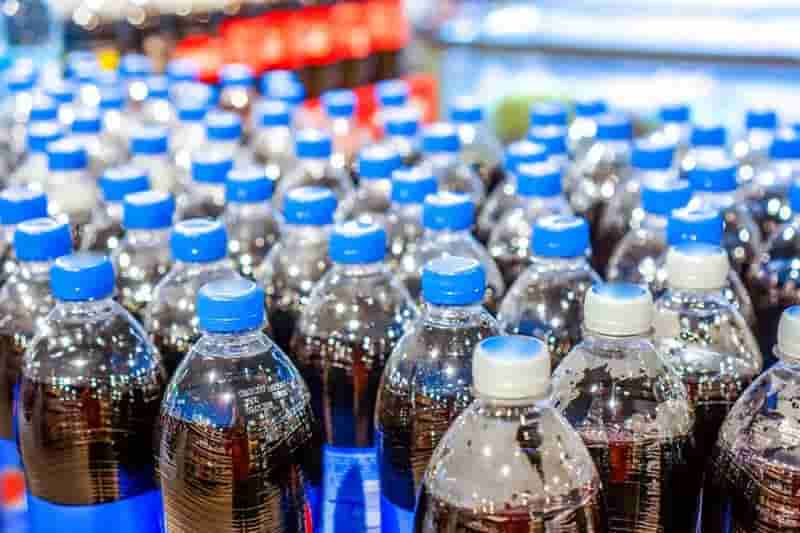
-Exploring paths to full circularity
To mark this year’s EU Green Week, Pro Carton – in association with Packaging Europe – hosted an industry roundtable discussion, which brought together industry experts from different stages of the supply chain. The discussion revolved around how the EU Green Deal would impact the packaging industry and the role of fibre-based packaging in achieving circularity. Recycling-technology – PLA-Material
Sharing their insights were Tiina Pursula, SVP Sustainability, Division Packaging Materials at Stora Enso, Monika Romenska, Regulatory & Public Affairs Manager at EXPRA, Klaus Hockl, Founder and Managing Director of Cardbox Packaging Group, and Winfried Mühling, General Manager at Pro Carton, and it was hosted by Packaging Europe’s Elisabeth Skoda.
Challenges and opportunities
The European Green Deal sets out key guidelines to ensure all packaging in the EU market is reusable or recyclable in an economically viable manner by 2030. Of course, there are some challenges and hurdles facing the industry on the way to achieving this goal.
One key factor here is getting the collection right. All speakers agreed that it was vitally important to have a separate collection of different types of packaging and to further develop collection systems on a local, regional and national level.
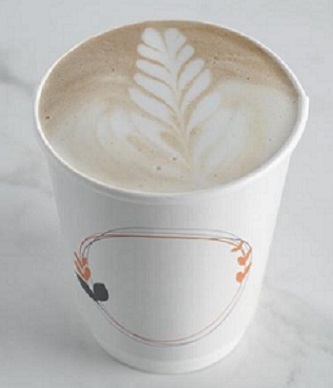
-Plastics Recycling LATAM Event Reflects Interest in Recycling in Latin America
New conference provides platform for discussion of plastic recycling trends.
Last month, more than 340 participants from 14 countries attended the first ever Plastic Recycling LATAM, a conference and exhibition focused on trends, technologies, and sustainability goals in the Latin American plastics recycling market. The event was organized by Plastics Technology Mexico and its publisher, Gardner Business Media, with support from the non-profit association ECOCE.Recycling-technology – PLA-Material
Knowledge, Networking, and Technologies
The conference program offered more than 30 presentations on market trends, recycling success stories, and innovative technologies. Four discussion panels including brand owners, recyclers, and national and international association representatives provided an outlook of the current state of the sector in the region.
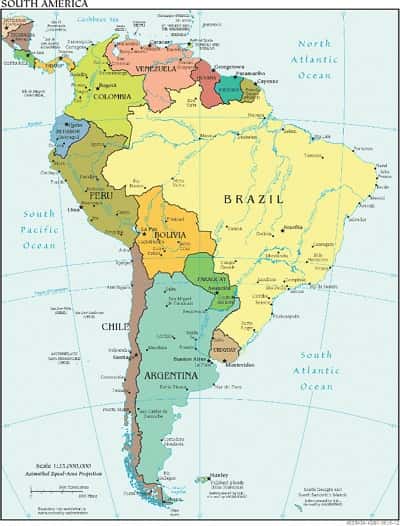
-Accessible recycling: Austrian start-up plasticpreneur aims to make recyclers of us all
The compact, hand-made machinery of Austria-based start-up plasticpreneur caught the eye of Rob Coker during the Plastics Recycling Show Europe (PRSE) 2022 in Amsterdam. There he learned from CEO Sören Lex how the equipment had also caught the eye of recycling machinery giant EREMA Group, which has acquired a minority share in the business.
Plasticpreneur has shown that compact recycling machinery can make a big difference. How did such a small company catch the eye of a big player such as EREMA Group?Recycling-technology – PLA-Material
We have presented as speakers at a conference and EREMA Group CEO Manfred Hackl was in the audience. Right after the presentation we connected and started a conversation. It seemed that for Mr Hackl it was quite eye opening to work on small-scale, decentralised plastic recycling solutions.
Hackl personally congratulated you on your business model. How does it feel to receive such praise from an experienced expert and how do you hope to tap into that experience in order to grow your business?
Mr Hackl was open for any kind of support from the first day we met – even when we had not yet started discussions about a partnership or shares. We have gained a lot of insights and motivation through the regular meetings we had with him and others from the EREMA Group. Through its know-how and EREMA’s standing in the recycling industry we hope to be able to connect with other like-minded people and expand the access to small-scale plastic recycling.
Your business model is based partly on awareness and education. Is that the missing piece, in your opinion, to the puzzle of re-branding plastics as a positive, sustainable material?
We believe that awareness and education is one missing piece, but in general we see that the larger missing puzzle piece is the general approach to simple access to plastic recycling. It’s like a lost or a missing art or craft. Although the entire world talks about plastic and recycling, there is almost no access for people to simply and cost-efficiently take part in it.Recycling-technology – PLA-Material
The compact and low-tech aspects of yo ur products must be very attractive to local recyclers. How easy is it for one to acquire and operate the equipment?
It is very simple. People without any prior knowledge can recycle plastic waste into new products within minutes. The machines can be operated very simply and, depending on the set-up, they can be even shipped by courier to arrive on your doorstep. That’s why our machines are now in use in more than 70 countries. They come pre-assembled, ready to use, and everybody can become a plastics recycler. Only single-phase electricity is needed; they are light and mobile and therefore simple to move around.
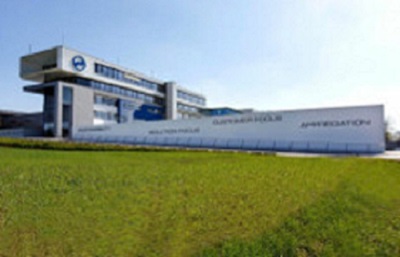
–Aimplas launches trademark to certify safety of reusable plastic food container
Spanish plastics technology centre Aimplas (Valencia; www.aimplas.net) has created its own trademark to certify that reusable food packaging is safe and also retains its properties after repeated washing. Recycling-technology – PLA-Material
Packaging manufacturing companies that have been awarded the trademark have a competitive edge in terms of transparency and food safety, Aimplas said. The ‘Designed to be Reusable’ trademark is based on three separate European regulations: for food contact materials, plastic materials and articles intended to come into contact with food, and recycled plastic materials and articles intended to come into contact with food. It also follows the dishwasher resistance standard UNE 53928 that was issued in 2020.
To achieve the trademark, a product must pass different analyses that include dishwasher resistance testing for at least five cycles, a risk assessment for non-intentionally added substances (NIAS), as well as tests to guarantee that migration to food does not present a risk to human health. Sensory tests are also carried out to ensure that reusing the packaging does not modify the food’s organoleptic characteristics.
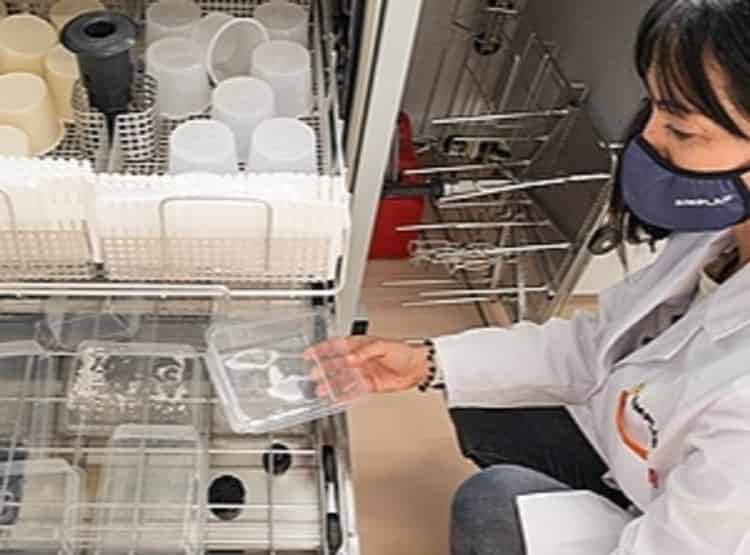
-Andritz recycling technology starts-up in Finland
Finnish firm Lounais-Suomen Jätehuolto (LSJH) has successfully started up a new Andritz pilot line for research and development work on post-consumer textile recycling. The Exel tearing machine for post-consumer textile waste can process up to 500 kg/h for spinning quality and up to 1 t/h for nonwoven fibre quality.
The entire process is designed to ensure the total absence of metallic material in the fibres and remove hard, non-textile items using cleaning devices, highly sensitive metal traps, and metal detectorsRecycling-technology – PLA-Material
LSJH is a municipal waste management company in Finland specialized in processing post-consumer household textiles into a variety of customized raw materials containing high-quality fibres. As Finland will be the first country in the world to start post-consumer textile collection on a national scale in a few months’ time, the LSJH Paimio recycling facility is the location where large amounts of textile waste will be fed to a sustainable and responsible circulatory solution.
Process engineer Conny Gabrielsson said: “We are very grateful to Andritz and its team members for their assistance during the installation of our pilot line for processing textiles.
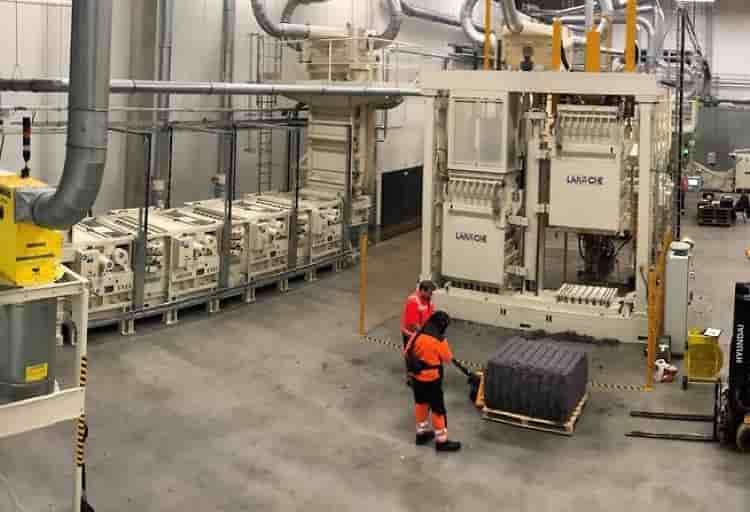
Recycling-technology – PLA-Material
